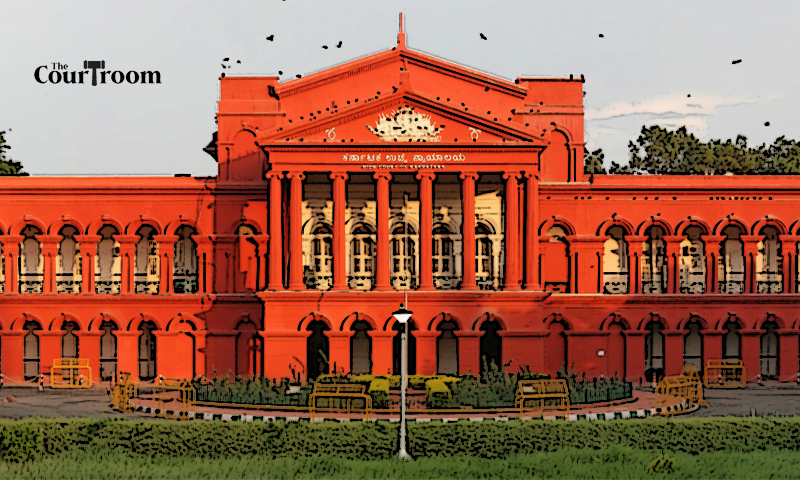A division bench of the Karnataka High Court reserved its judgment on Monday regarding an appeal filed by the Karnataka government against a single-judge’s decision to halt the board exams for students of classes 5, 8, 9, and 11 in State-affiliated schools.
Justices K Somashekar and Rajesh Rai K reserved their verdict this evening after considering the appeal against the March 6 judgment by a single-judge of the High Court.
In the March 6 ruling, the single-judge had granted writ petitions filed by private unaided schools in Karnataka, challenging the conduct of the board exams.
The single-judge nullified two State notifications that had authorized the exams conducted by the Karnataka State Education Assessment Board (KSEAB).
The State promptly contested the decision before a division bench of the High Court.
On March 7, the division bench stayed the single-judge’s order, enabling the KSEAB exams to proceed as scheduled on March 11.
The following day, on March 12, the Supreme Court suspended the division bench order, halting the exams. The top court directed the High Court division bench to address the matter substantively.
Detailed arguments before the High Court’s division bench commenced on March 14, during which the bench declined a request to refer the matter to a larger bench made by the counsel representing a parent-student association.
Key Arguments:
The State, represented by Additional Advocate General (AAG) Vikram Huilgol, argued that there was no explicit prohibition on conducting board exams for students in classes 5, 8, 9, or 11. He emphasized that the Right to Education Act (RTE Act) only stipulates that no student is required to “pass” a board exam.
In response, advocate KV Dhananjay, representing the original writ petitioners (private unaided schools), contended that Section 30 of the RTE Act prohibits subjecting young children to board exams, urging the Court not to interpret the provision narrowly based solely on the term “pass.”
Advocate A Velan, appearing for a parent-student association, argued that parents’ rights were violated by the State’s actions, insisting that parental consultation should have been conducted before notifying the exams.
Advocate Prithveesh MK, representing an intervenor supporting the State’s stance, echoed the State’s position, emphasizing that the exams did not involve changes to the syllabus but aimed at standardizing exam conduct.
The bench reserved its judgment following these hearings.


